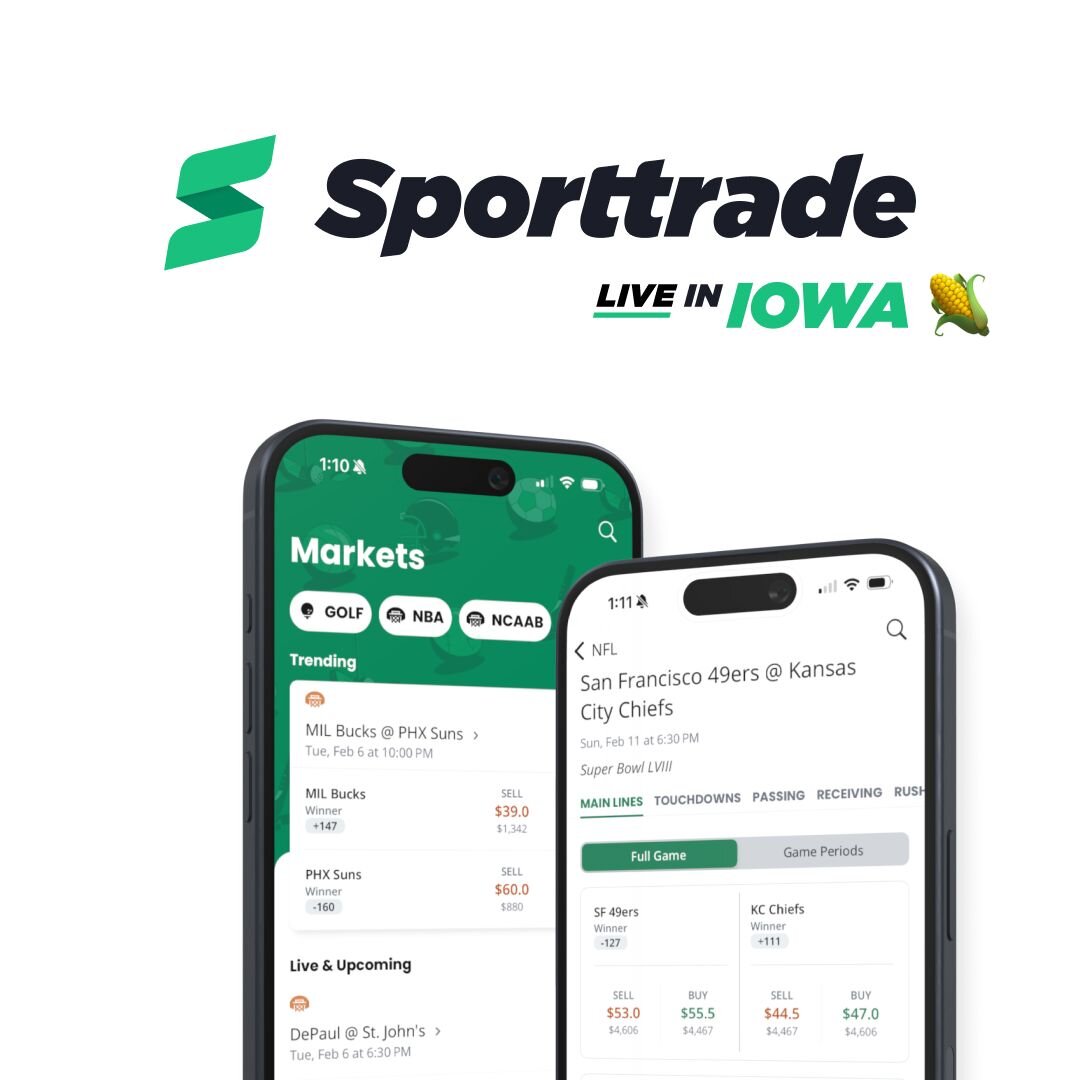Inside the Trading Room
The latest and greatest news, articles and thoughts from the Sporttrade team.
Blogs
July 7th, 2022
Why the Final Score on a Sports Bet No Longer Matters
By Dan Koob
Blown saves are a part of baseball. The team that’s able to minimize the unmitigated bullpen disaster usually finds itself still playing when the temperature dips.
The sport is binary. A team either wins or loses 162 times a year, without fail. Betting on the Yankees runline or moneyline is the same. It either wins each night or it loses.
This is how it’s always been.
But has anyone ever bothered to ask why?
As of this writing, there have been 880 save opportunities in Major League Baseball in 2022. Over 35% of them have been blown, which means 35% of the time you’re betting on a team in a save situation, you better hope you’re not straddling the run line. Sure, you could save your Moneyline bet in extra innings, but that’s more variance and more risk for you. And on the off-chance a sportsbook offers you a cashout in a volatile situation, what percentage of your bet’s actual value do you think you’ll get from them? 40% - maybe 50% if you are lucky?
This underscores the value exchange betting will bring to New Jersey in 2022 when Sporttrade launches.
Envision cutting your exposure to blown saves. Time the market correctly or simply allow yourself to take a substantial profit and sell out of your position early before a game concludes. That’s what we’re doing here.
ENTRYLet’s use an example: Sporttrade uses implied probability to determine the up-to-the-second value of your trade (bet). Let’s say you’re trading on the Phillies to beat the Mets. Philly leads New York 6-4 in the top of the 9th inning at home and are trading at $96.50 out of $100 to win the game.
Would you allow yourself to take that $96.50, or risk a 35% chance of losing all of it if the Phillies blow it?
(If you’ve seen their bullpen this year, you know this answer.)
Times up: The answer is sell your trade at $96.50.
Did you technically ‘win’ by walking away before the final out? Well, that depends on your definition of winning and losing. If winning means making money, then why would you ever expose a highly profitable trade to a save opportunity for a few extra dollars?
Because this is Exchange Betting similar to what you’d see in the capital markets, you have additional options. Not only can you sell your trades for it’s actual market price, but you can set limit orders if you want to at least try to see the final outs (you can set limit orders for a number of reasons, honestly. If you’re going to sleep, out to dinner, busy with life, climbing the tallest mountain in New Jersey, etc).
ENTRYRevisiting our Phillies example, say you’re only willing to let the Phillies price to drop to $90 per contract before you want to sell out. Set a limit sell for $90. Your trade would execute as soon as the Phillies price dropped to that point, thereby insulating you from a dastardly bullpen ruining your night.
If the Mets put a runner on first to begin the 9th inning and the Phillies go from trading at $96.50 to $89, you’re safe. The order executes, you still make $90 (minus a small commission on winning trades) even if the team ultimately loses the game.
“That is a paradigm shift to me,” Professional sports bettor Captain Jack Andrews told me at the Sports Betting Conference in New Jersey back in November. “I don’t hedge out of my positions because I know I’m on the side I want to be on.”
“However, this could present new opportunities.”
This mindset reframe of the Great American Bettor will take time. We are obsessed with Winning and Losing. I get it. But I’m here to tell you there are more options available.
Strap on your helmet before going on Twitter, Instagram, TikTok etc to avoid being hit over the head with a barrage of folks promising you they can pick winners better than the rest:
“Look over here! For just 100 retweets, I’ll release my pick of the day that’ll only hit 50% of the time! And if I'm wrong, I’ll never address it!”
You don’t need to be ‘right’ waiting for the final out on Sporttrade. You just have to weigh the timing and subsequent risk / return for cashing out of a profitable trade. Selling trades in the green means acknowledging when risk outweighs gains and moving on to the next trade.
The era of Winning and Losing is over. Buying and Selling is now.
ENTRY








